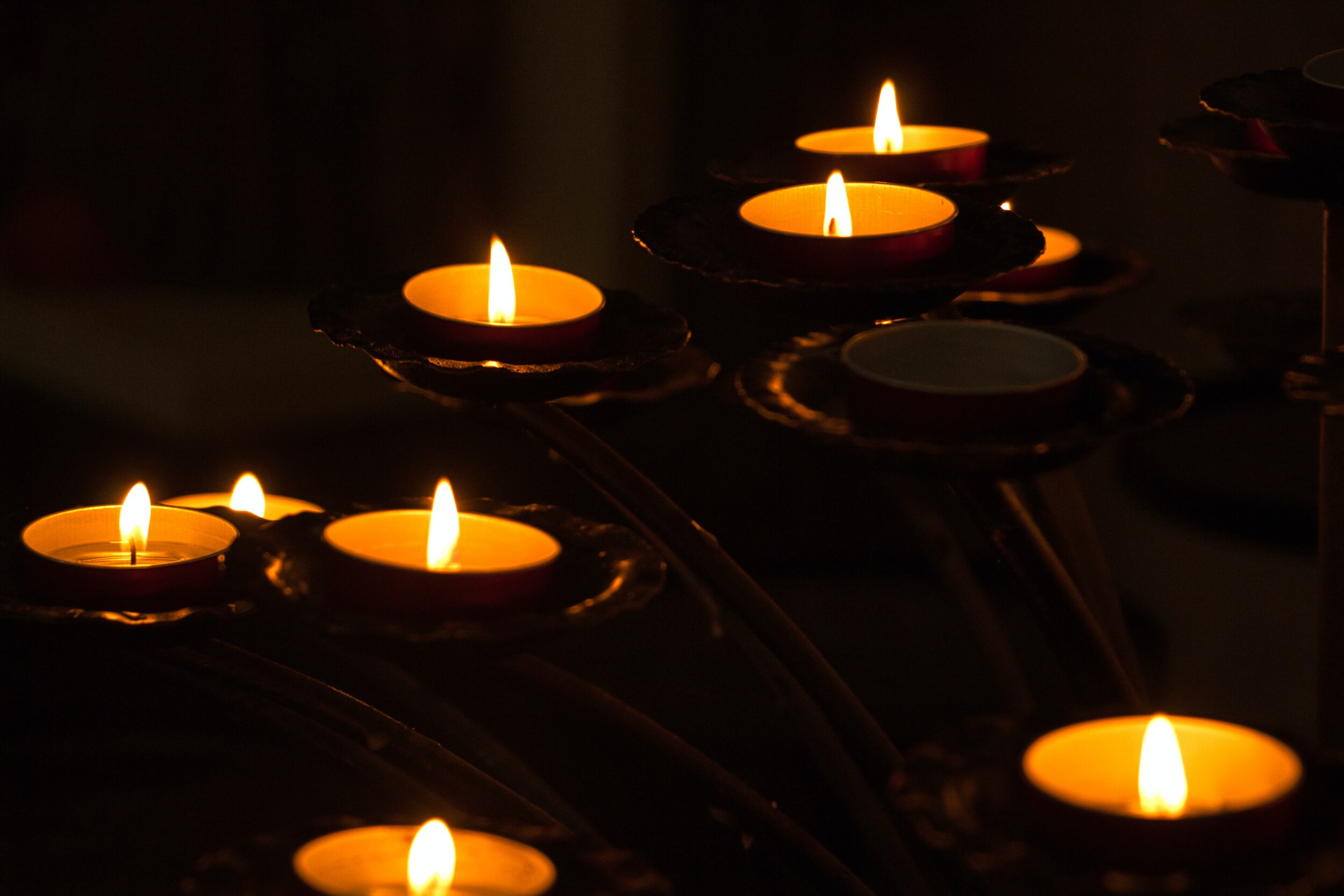Deep share getting off of anti-depressants, part 3
It’s been 2.5 years since my last dose of anti-depressants.
Part of me wants to write more about my long journey of getting off of them. It's a Gate Passage of mine -- a time when you go through something major that changes your life completely.
I already have (look for parts 1 and 2 amongst these pages).
photo by Simone Pellegrini
At the same, another part of me wants to hide it.
I don’t want anyone to know how bad it was and how much I was struggling.
Lately, though, I’ve met some lovely people who are also trying to get off anti-depressants.
They’re sharing that’s its bad for them, too. When that happens, I know it’s the Universe knocking. It’s saying to me, “No -- you can’t hide this. You have to share.”
According to the New York Times, there are 15.5 million Americans have been taking anti-depressants for at least five years. The rate has almost doubled since 2010, and more than tripled since 2000.*
So, the other day, I went back over some times when I tried to write about it.
Here’s one from April:
”I really don’t want to write this.
It’s not an easy story to tell.
It’s messy and vulnerable.
Sometimes, it’s a total shit show.
As I write this, it’s April 25, 2019.
I’m in New Orleans for the annual Jazz & Heritage Festival. I love this festival. I love this city. My husband and I have come almost every year since 2003, about a year after we started living together.
My last visit was 2 years ago — about 2 weeks after I took my last dose of Cymbalta — the 3rd anti-depressant medication I’d been on since 1997. I’d been weaning off of it for 2+ years and wasn't crippled with withdrawal effects that I'd experienced other times I tried to get off. So I thought I'd be totally fine for Jazz Fest.
Looking back now, though, I can see that I was totally broad-sided by withdrawal effects once the medication's half-life was out of my system.
I quickly felt panic, despair, fear, confusion. These feelings weren't a response to any one trigger; they were just suddenly there all the time.
Not only that, my sensitivity was turned up high, and I could feel all of the misery and pain in the Universe in my body and in my energy field.
Despite being in at my beloved Jazz Fest in beloved New Orleans, I was crying a lot and trying to hide it from my husband and the friends that we were traveling with.
When we got home, it just got worse.
It lasted for almost 2 years.
When my husband talked about going back to New Orleans in 2018, I couldn’t even think about it. So we skipped it.
As it came to be the time when we’d normally start planning for New Orleans for 2019, I felt scared again.
In my work as psychotherapist, I recognize this as hypervigilance -- a jacked up state of fear and awareness designed to help me avoid danger.
Would I feel like I was falling apart again?
Would I be able to enjoy myself at all?
Would the unending waves of panic and despair come back?
I shared my fears with my husband. Together we decided to try it out. We made a plan that I’d go for a long weekend, and he would stay longer.
So, as I sit here in the hotel room, I’m waiting and watching for my inner world to fall apart again. Hello hypervigilance.”
That’s where I left it back in April.
The trip turned out to mostly good, but there were times when I felt crappy. When that happened, I used the tools I learned in Internal Family Systems therapy (more about that later).
There were also times when I felt joy. And, let me tell you, It was such a relief to have room for this feeling, too.
But here’s what I want to leave you with:
If you or someone you know is trying to get off of or has already gotten off of anti-depressants,
know that it can get better.
It won’t always feel as if you are hanging off of a tall skyscraper by your fingernails.
* That New York Times article I referenced above is fascinating (and scary). Read it here

